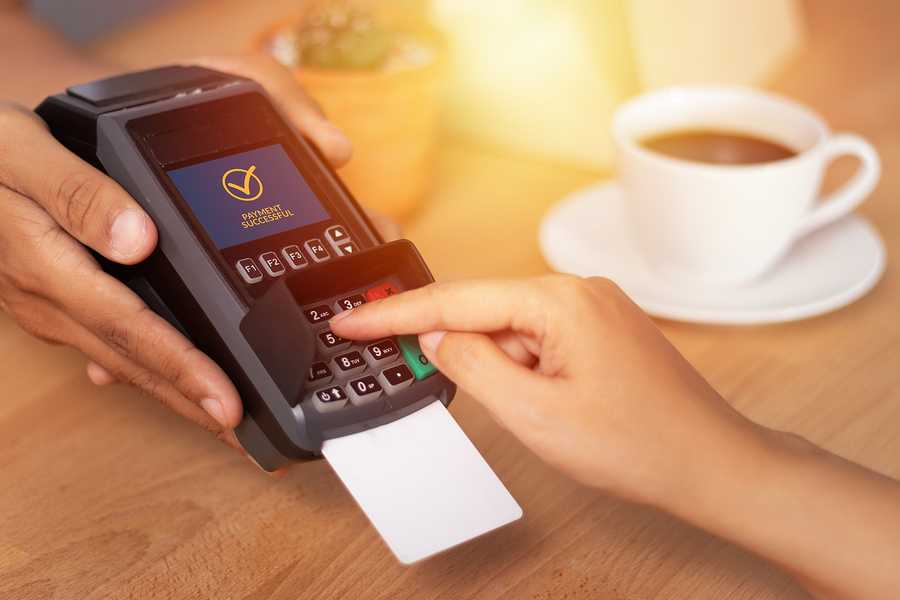Identity theft is a threat to all of us today and one of the most common ways that fraudsters use to steel some body’s identity is through their debit and credit cards. The debit card information is one of the easiest ways to steal a person’s identity.
Printed debit card receipts are safe and secure, provided the merchant makes a mistake while printing your receipt.
The Fair and Accurate Credit Transactions Act (FACTA) was actually a set of amendments to a law that already existed, which is the Fair Credit reporting Act of 1970. Among the other changes, FACTA made it a compulsion that necessary debit card information must not be printed on receipts.
Debit card receipt investigation analyzes the amount of information printed on receipts
Information provided on print receipts must be limited. The Federal Trade Commission (FTC) does not permit merchants and other receipt providers to print necessary information like expiration date and account numbers on the receipt.
This kind of information serves as a golden ticket to fraudsters who are looking for people to execute their evil plan with.
It is very important that you always pay attention to your receipts and the information that is printed on them.
Credit card truncation
To maintain safety and ensure that the customers’ information is kept private, the FTC has ensured that only the last five digits of the account number is displayed instead of the whole number.
The latter step ensures that the information of the account holder is not exposed to fraudsters and the account holder is not prompted with the threats of identity theft.
However, if a merchant prints more than five digits on the receipt, or prints any other digits rather than the last 5, even if only 5, has violated FACTA. This becomes an illegal offense and the merchant is answerable to the court of law.
Just truncating the account number is not sufficient, you have to be weary!
Truncating the account number on credit and debit card receipts does protect you and your account to a large extent. However, you must ensure that you do not share your personal details with anybody.
A very common method fraudsters use to trick you into revealing your account information is calling you up and telling you that there is a crisis with your account. They might also tell you that the bank is about to block your account or the funds from your account which has the last digits as – XXXXX (which happen to be the digits of your account number which they have picked up from receipts or other sources) are reducing. This method is called phishing.
It is logical sense that these fraudsters use! When a person hears about an issue with his account, he is likely to share his account details with the person on the other side on the phone to prevent any further damages to his account and his savings. You must never share your account number and account details with anybody!
How to identify between a genuine call and a fake one?
There is no genuine call! Bank officials will never ask you for important information over a phone call. However, if you receive such phone calls and are doubtful about how genuine the mentioned problem is, you must personally phone your bank if their executive recently contacted you and if there is an issue with your account. The only way to keep you safe from frauds is to keep your account information private.
What if the merchant makes a mistake while printing?
If the merchant has printed more digits on the receipt, he is liable for legal action against him. Also, if he prints any other digits other than the last five, you can file a class action lawsuit against him for violating FACTA. There are times when the merchant makes a mistake, however, you must be quick enough to acknowledge the mistake and decide how you wish to proceed further. Negligence can lead to a debit card receipt investigation get you into trouble! Consumers have the power to sue merchants for statutory damages. The penalty ranges from $100-$1000 per violation.
FACTA and the FTA are strict with their credit card and debit card receipt investigation process. Any merchant found guilty faces strict actions. If a person files a complaint against a merchant for violating FACTA and during the debit card receipt investigation process he is found guilty, he is bound to face charges against him.
Join a debit card receipt investigation
You can file a FACTA violation class action lawsuit and seek justice if your debit or credit card information has been handled irresponsible by a merchant.










